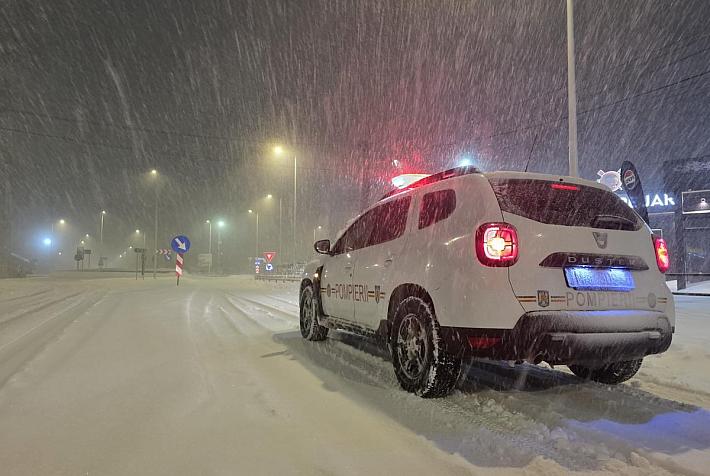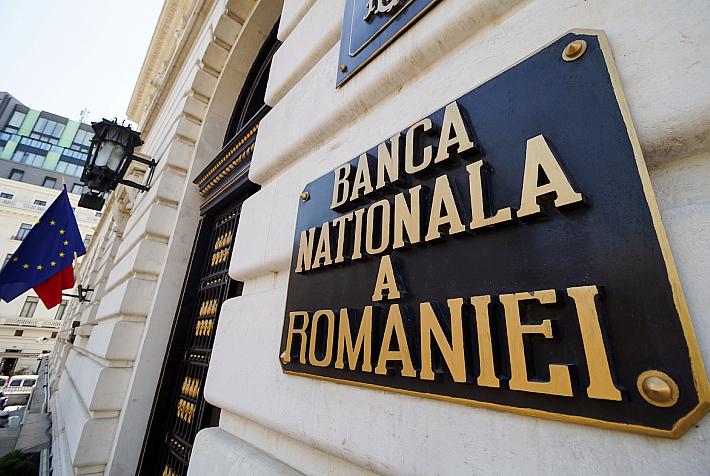Study: Romania's tax revenue to GDP ratio, down 6.5 percentage points compared to the 90s

 Romania has a low tax revenue to GDP ratio, the lowest among the EU-27, according to the “Tax policy under the curse of low revenues: the case of Romania” study conducted by Daniel Daianu, Ella Kallai and Laurian Lungu. The country's overall tax revenue to GDP ratio was 27 percent in 2010.
Romania has a low tax revenue to GDP ratio, the lowest among the EU-27, according to the “Tax policy under the curse of low revenues: the case of Romania” study conducted by Daniel Daianu, Ella Kallai and Laurian Lungu. The country's overall tax revenue to GDP ratio was 27 percent in 2010.
Romania's tax revenues declined from 33.5 percent of GDP in early '90s to 30 percent of GDP in 1999 and down to about 27 percent of GDP in 2010, according to the study.
In 2009, the Romanian tax revenue to GDP ratio was with 8 percent below the EU-27 average and near 4 percent under the NMSs average. This gap persisted since 1995 and settled onwards 2000 in the range between 10 to 12 percent of GDP relative to EU-27 average, and 4 to 6 percent of GDP relative to NMSs average, according to the study.
Romania could achieve fiscal consolidation through better efforts to raise tax revenues. “Notably, a success in raising tax revenues by combating fiscal evasion would help the objective of fiscal consolidation,” according to the study. Also, Romania should have a larger increase in EU funds absorption which will diminish the pressure to cut overall expenditure. Fiscal revenues could be increased also by raising royalties.
“We have potential to improve tax collection, and the fiscal consolidation shouldn't only deal with cuts in expenses. If you waste, you cut your expenses, but you must also target and increase the revenue collection. If we would absorb more money, than we would make fiscal consolidation easy,” said Daniel Daianu, Professor of Economics.
In order for Romania to have a fiscal consolidation, the country’s tax policy concept should be defined more clearly, according to the study, and the size of the shadow economy should be reduced. “Estimates of the shadow economy show that Romania ranks together with Bulgaria at the “top” of the EU,” shows the study. Adopting a transparency and credibility package would also help Romania achieve fiscal consolidation. “The lack of transparency pertaining to the use of funds and their selective allocation erodes population’s trust in public institutions,” the study shows.
Irina Popescu, irina.popescu@romania-insider.com
(photo source: Sxc.hu)












